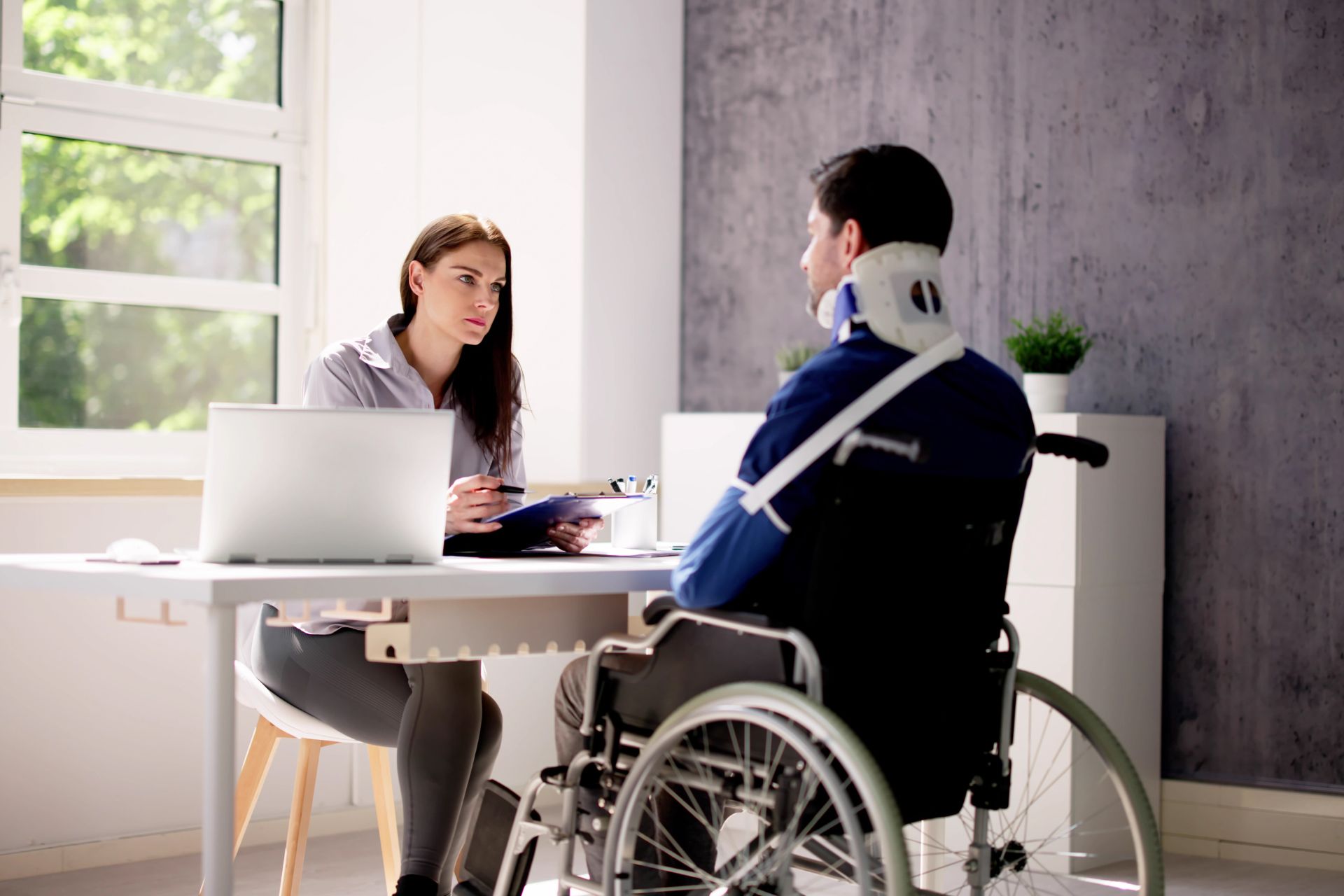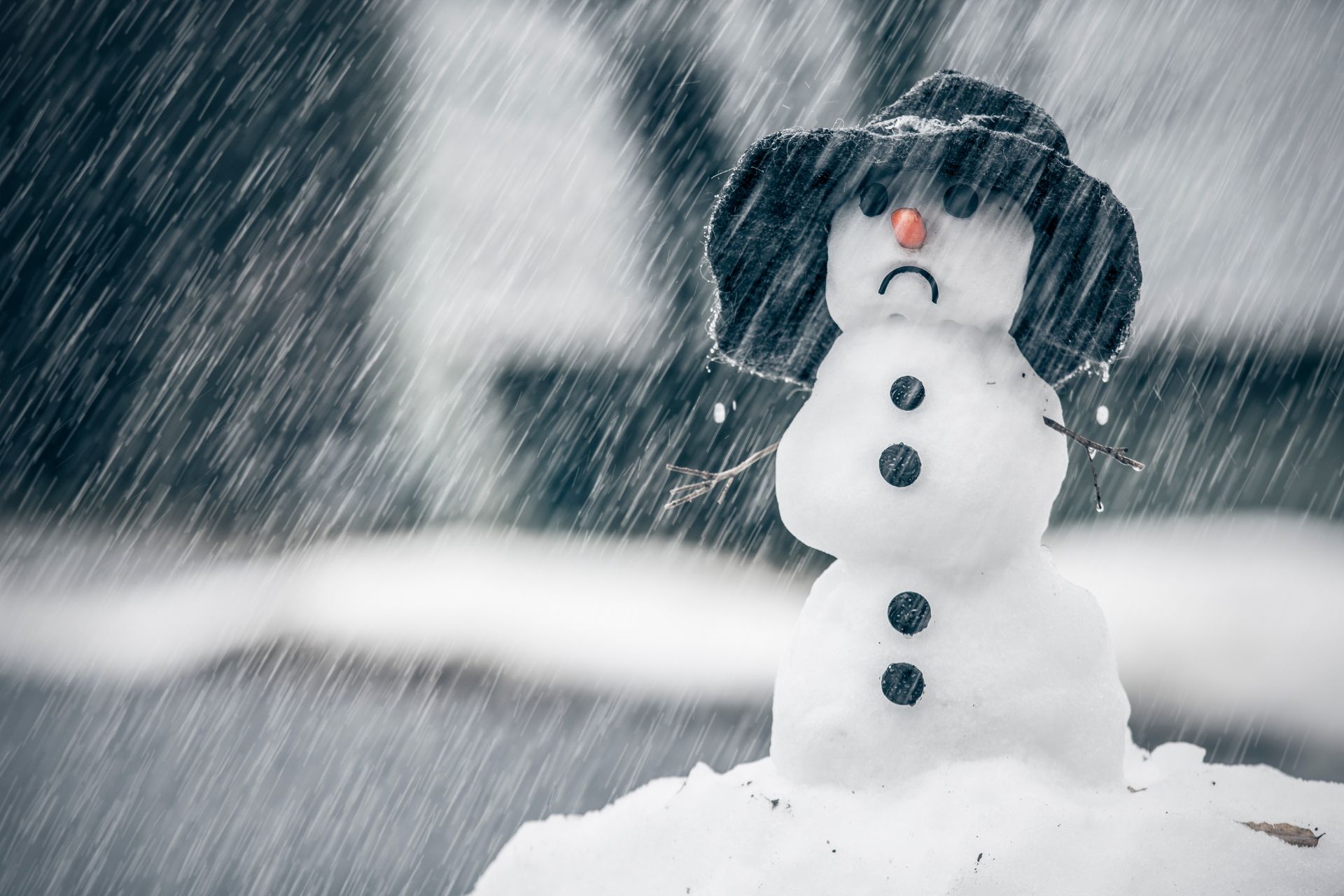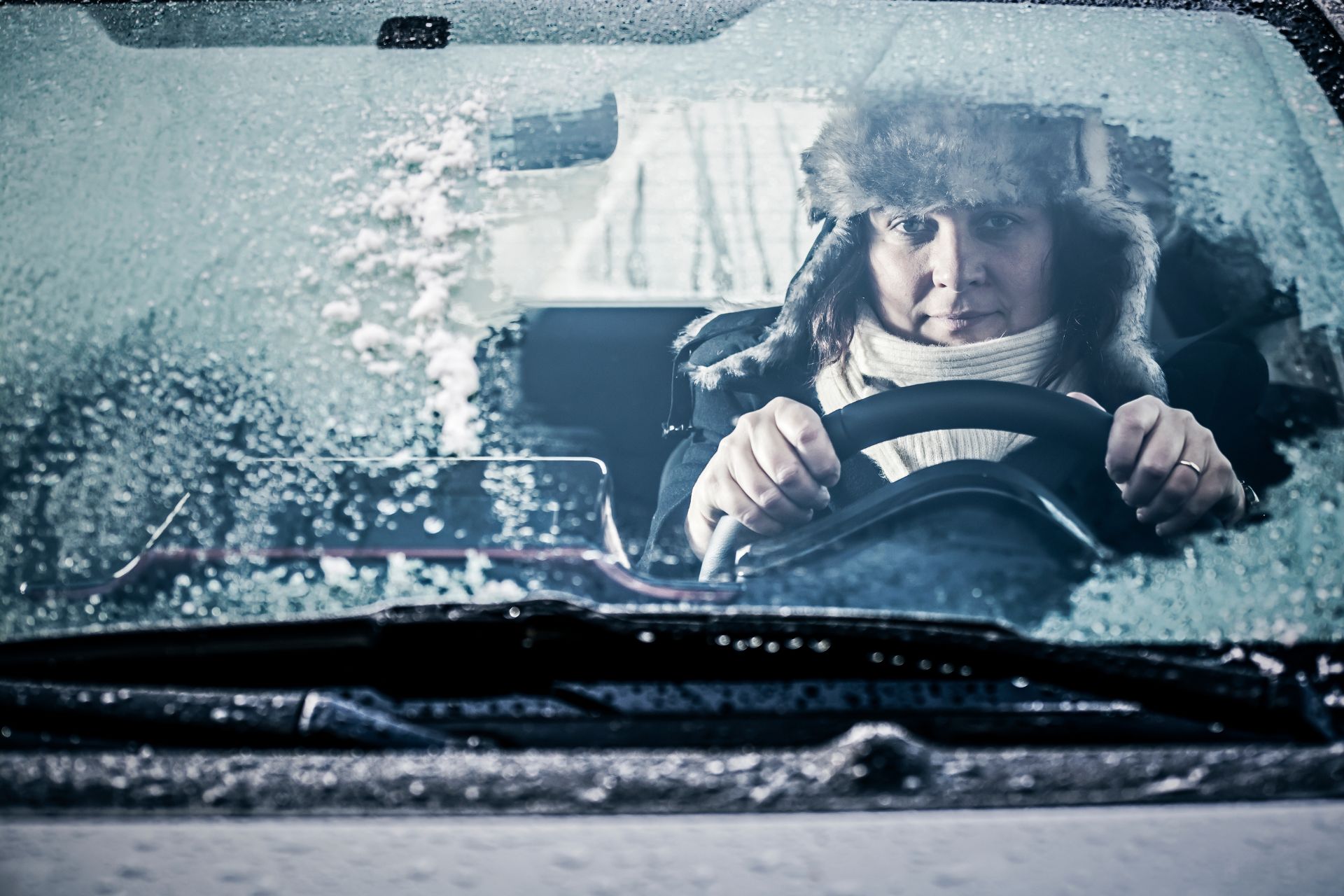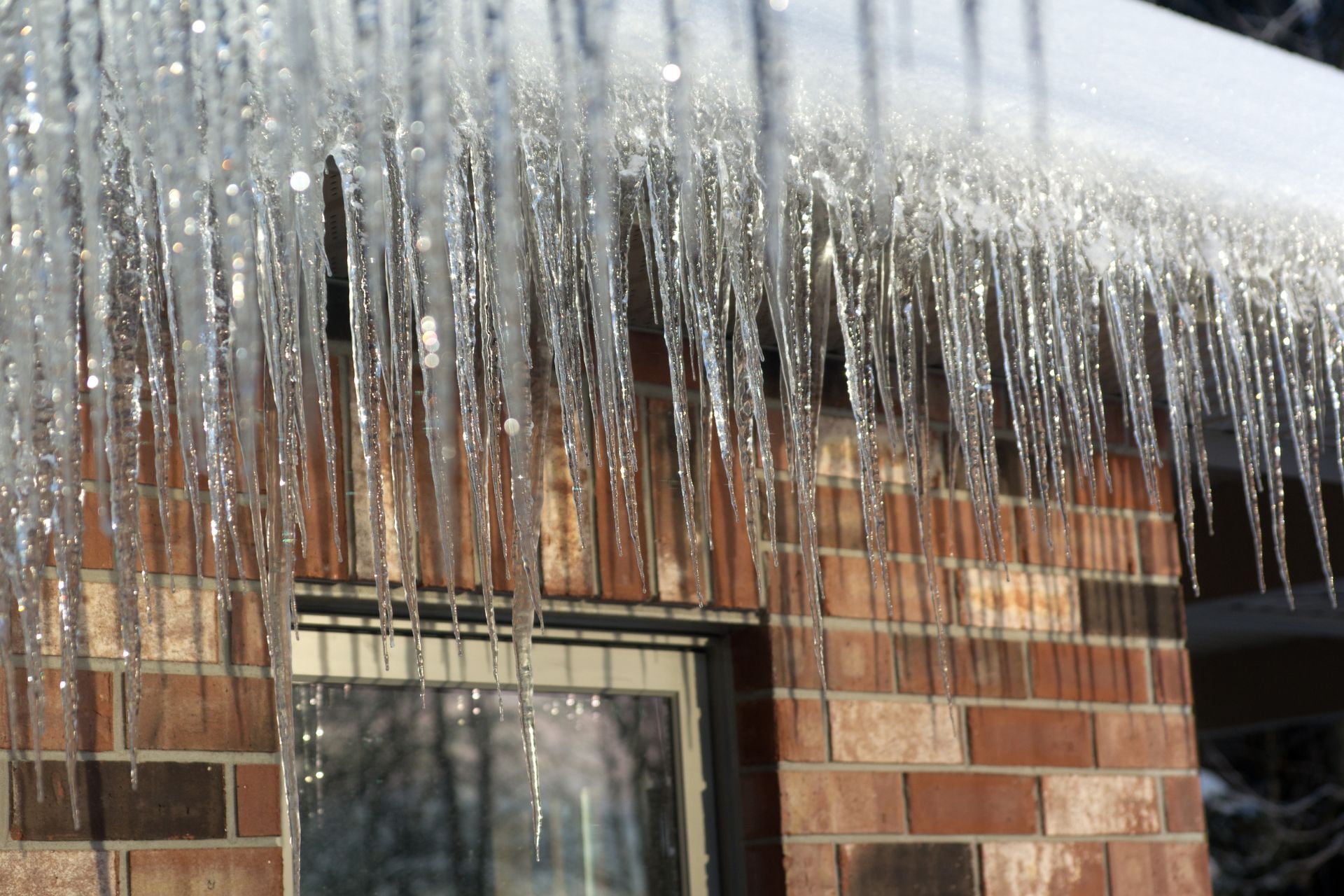Dog bites can cause significant physical and emotional harm, leading to costly medical bills, lost wages, and ongoing trauma. Determining liability in such cases is crucial for ensuring victims receive appropriate compensation. Understanding who is legally responsible for a dog bite depends on various factors, including the circumstances of the incident and local laws. This article delves into the key aspects of liability in dog bite cases and how personal injury law applies to protect victims.
Understanding Liability in Dog Bite Cases
Liability refers to the legal responsibility of a party for causing harm or injury to another. In the case of a dog bite, liability typically falls on the dog’s owner. However, there are exceptions and nuances to consider, such as whether the victim provoked the dog or trespassed on private property.
In many jurisdictions, strict liability laws apply to dog bites. These laws hold the owner responsible for their dog’s actions, regardless of whether the dog had previously shown aggressive behaviour. Other areas may follow a “one-bite rule,” which requires proof that the owner knew or should have known their dog was dangerous.
Factors That Determine Liability
Ownership and Control of the Dog
The primary factor in determining liability is ownership or control of the dog. Owners are typically held responsible for ensuring their pets do not pose a threat to others. This includes taking reasonable precautions, such as using leashes, securing fences, and training their dogs.
Negligence of the Dog Owner
In cases where strict liability does not apply, negligence may be a determining factor. Negligence occurs when the dog owner fails to take reasonable steps to prevent their dog from causing harm. Examples include leaving a dog unsupervised in a public area or failing to secure a known aggressive dog.
Trespassing or Provocation
The victim’s actions can also impact liability. If the victim was trespassing on private property or provoked the dog, the owner’s liability may be reduced or eliminated. Provocation can include actions such as teasing, hitting, or threatening the dog.
Third-Party Responsibility
In some cases, a third party may be held liable for a dog bite. For example, if a landlord knowingly allows a tenant to keep a dangerous dog on the property, the landlord may share liability. Similarly, a dog walker or pet sitter who fails to control the dog might also be held accountable.
Legal Framework for Dog Bite Cases
Strict Liability Laws
Strict liability laws simplify the process for victims to claim compensation by holding the dog owner automatically responsible for injuries caused by their pet. Under these laws, the victim does not need to prove negligence or intent; they only need to show that the dog caused their injuries.
Common Law Principles
In the absence of strict liability, common law principles such as negligence and the “scienter” doctrine may apply. The scienter doctrine requires proof that the owner knew or should have known their dog was likely to bite or attack.
Local By-Laws and Regulations
Local by-laws may also influence liability in dog bite cases. For instance, leash laws and breed-specific legislation can play a role in determining whether the owner acted responsibly. Failure to comply with these regulations may strengthen the victim’s case.
Steps to Take After a Dog Bite
If you or someone you know has been bitten by a dog, taking the following steps can help protect your legal rights and support your claim:
- Seek Immediate Medical Attention
Treating injuries promptly is essential to prevent infections and other complications. Medical records also serve as crucial evidence in legal claims. - Report the Incident
Notify local animal control or law enforcement about the dog bite. A formal report can help establish a record of the incident. - Identify the Dog and Owner
Gather information about the dog and its owner, including contact details and vaccination records. This information is vital for legal and medical purposes. - Document the Incident
Take photographs of your injuries, the location of the attack, and any property damage. Collecting witness statements can also strengthen your case. - Consult a Personal Injury Lawyer
An experienced lawyer can guide you through the legal process, assess your case, and help you pursue fair compensation.
Compensation for Dog Bite Victims
Victims of dog bites may be entitled to various forms of compensation, including:
- Medical Expenses: Costs for treatment, medication, and rehabilitation.
- Lost Wages: Compensation for time missed from work due to injuries.
- Pain and Suffering: Damages for physical and emotional trauma.
- Property Damage: Reimbursement for damaged personal belongings.
The amount of compensation depends on the severity of the injuries, the impact on the victim’s life, and the circumstances of the incident.
How Personal Injury Lawyers Can Help
Navigating the legal complexities of a dog bite case can be challenging, especially when dealing with insurance companies and opposing parties. A personal injury lawyer plays a crucial role in:
- Evaluating the Case: Assessing liability and determining the strength of the claim.
- Gathering Evidence: Collecting medical records, witness statements, and other supporting documentation.
- Negotiating Settlements: Engaging with insurance companies to secure fair compensation.
- Representing in Court: Advocating for the victim’s rights in court if a settlement cannot be reached.
Preventing Dog Bite Incidents
While legal recourse is available for victims, prevention is always better than cure. Dog owners can take proactive steps to minimize the risk of bites, such as:
- Training and socializing their dogs from a young age.
- Using leashes and muzzles in public spaces.
- Supervising interactions between dogs and strangers or children.
Similarly, individuals can protect themselves by being cautious around unfamiliar dogs, avoiding sudden movements, and respecting a dog’s personal space.
Final Words
Determining liability in a dog bite case requires a thorough understanding of the circumstances and applicable laws. Whether strict liability, negligence, or third-party responsibility applies, victims have legal options to pursue compensation for their injuries. Consulting a knowledgeable personal injury lawyer is essential for navigating this process and ensuring justice is served.
If you or a loved one has been affected by a dog bite, contact Trotta Law in Vaughan for expert legal guidance and support.





